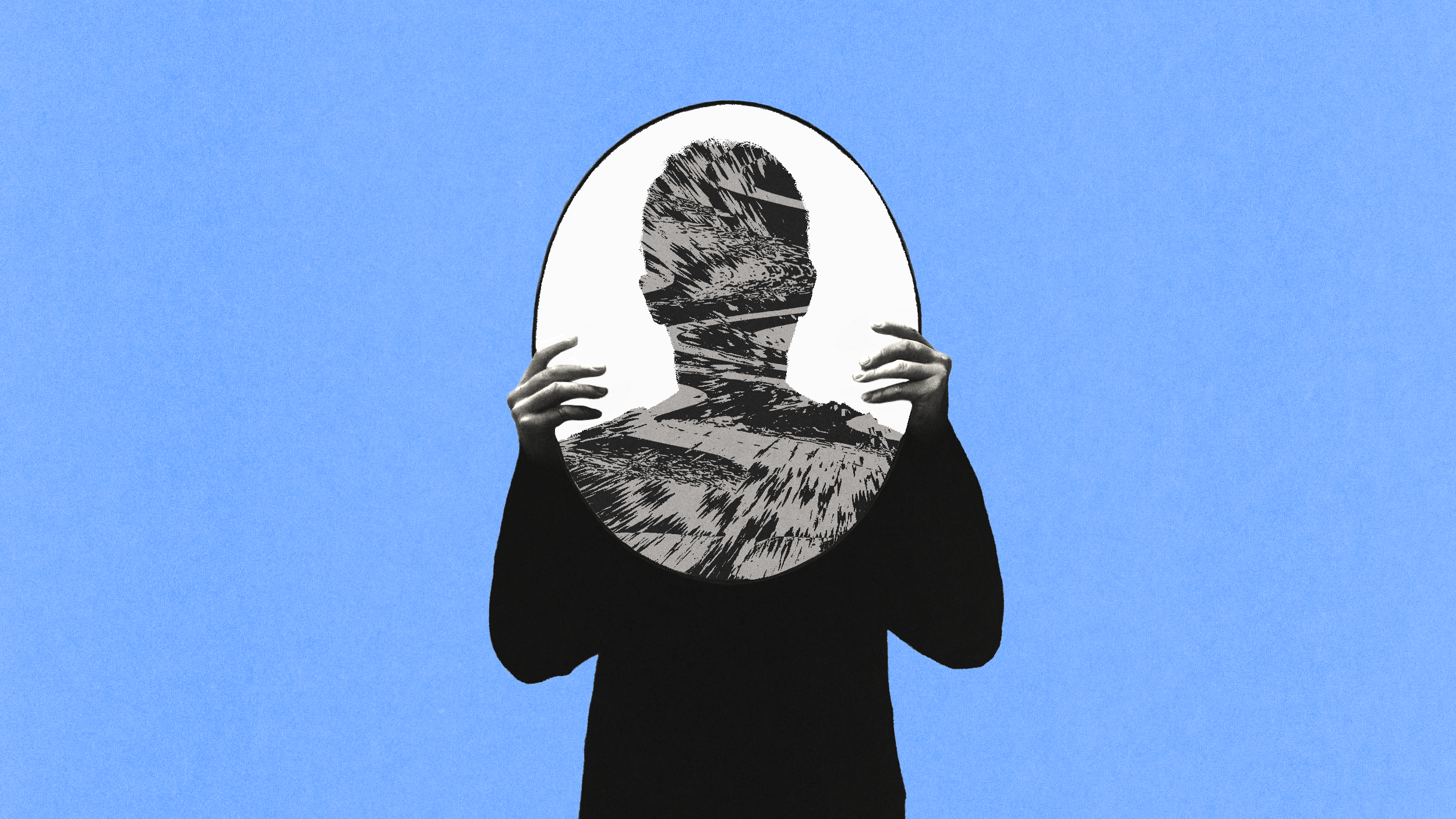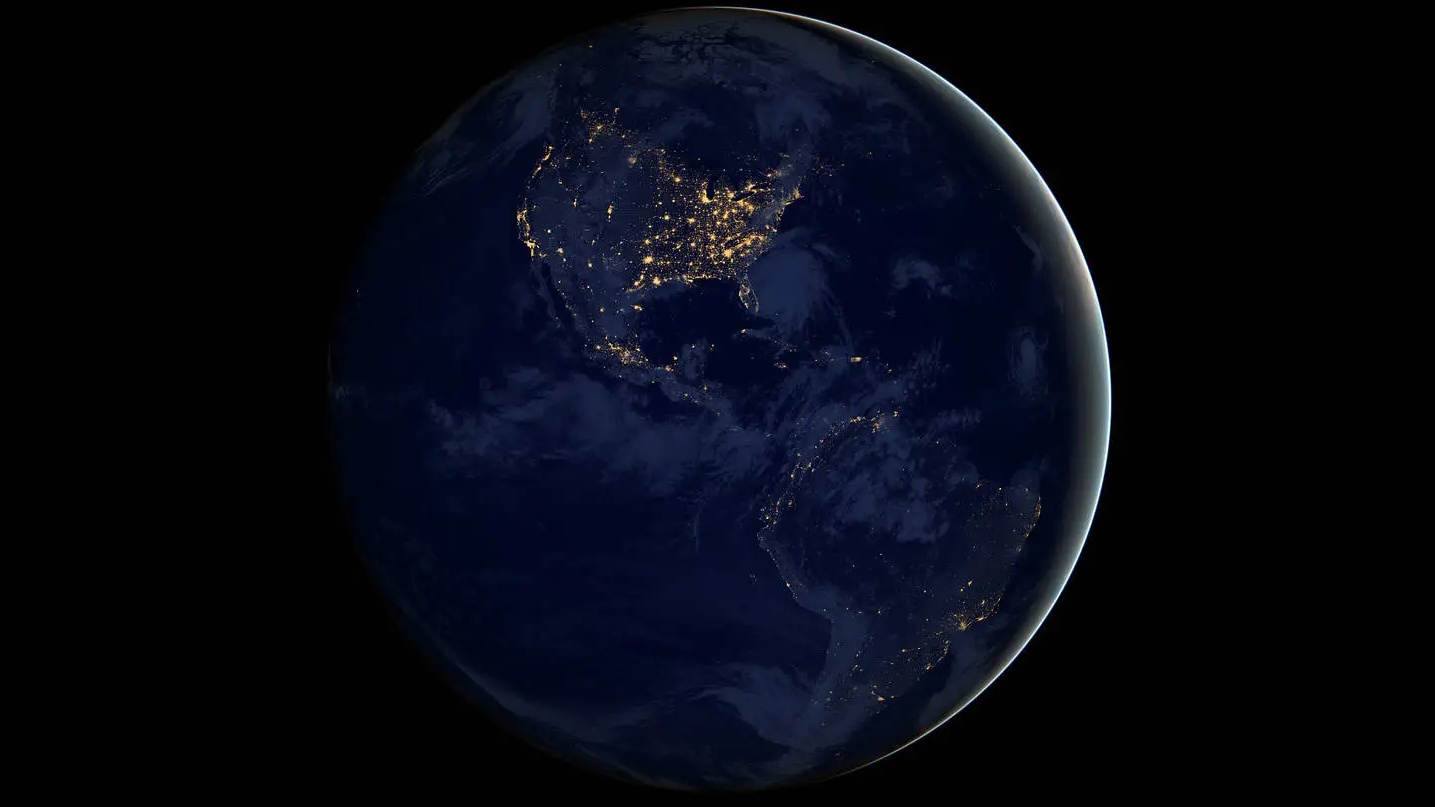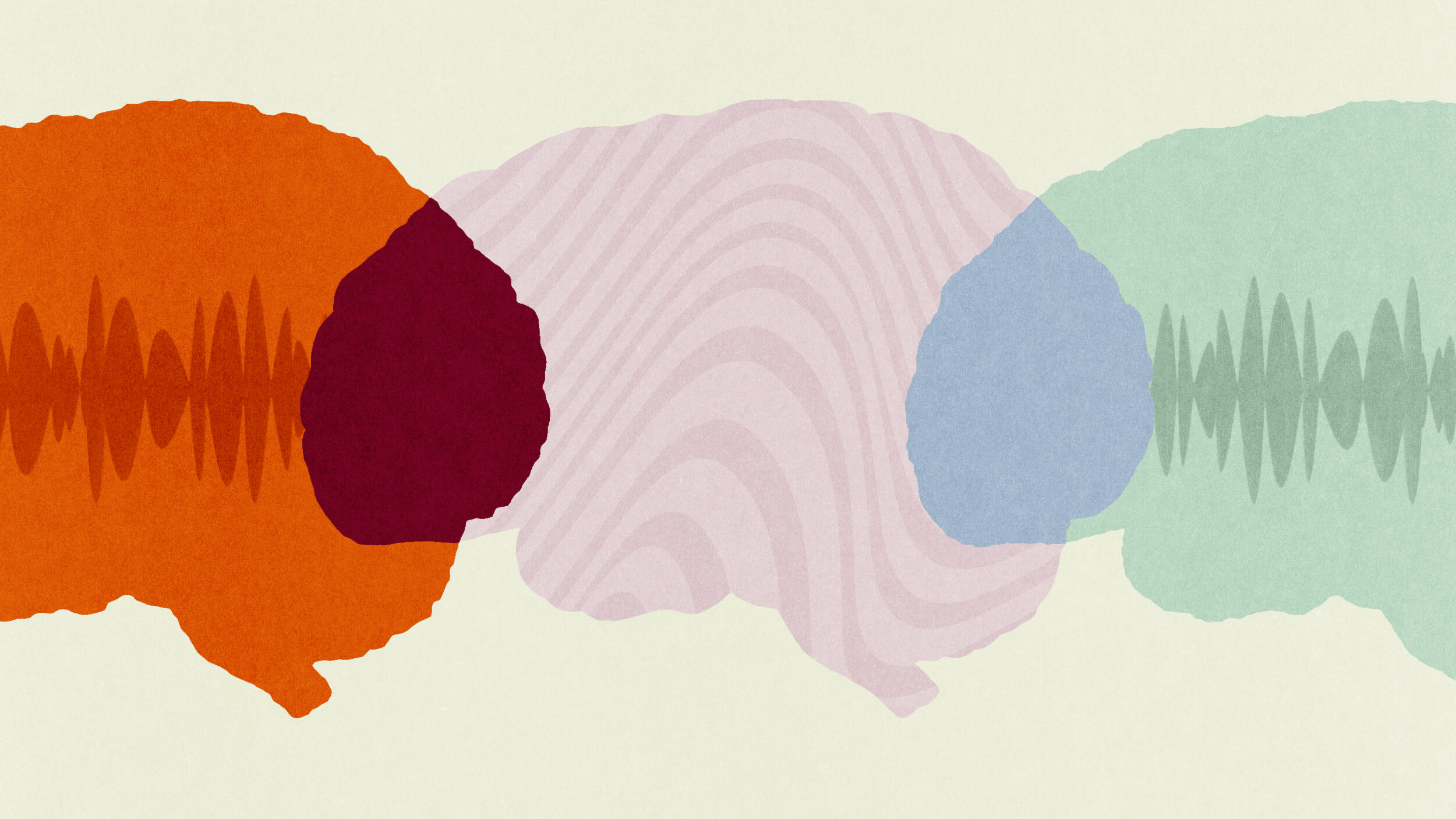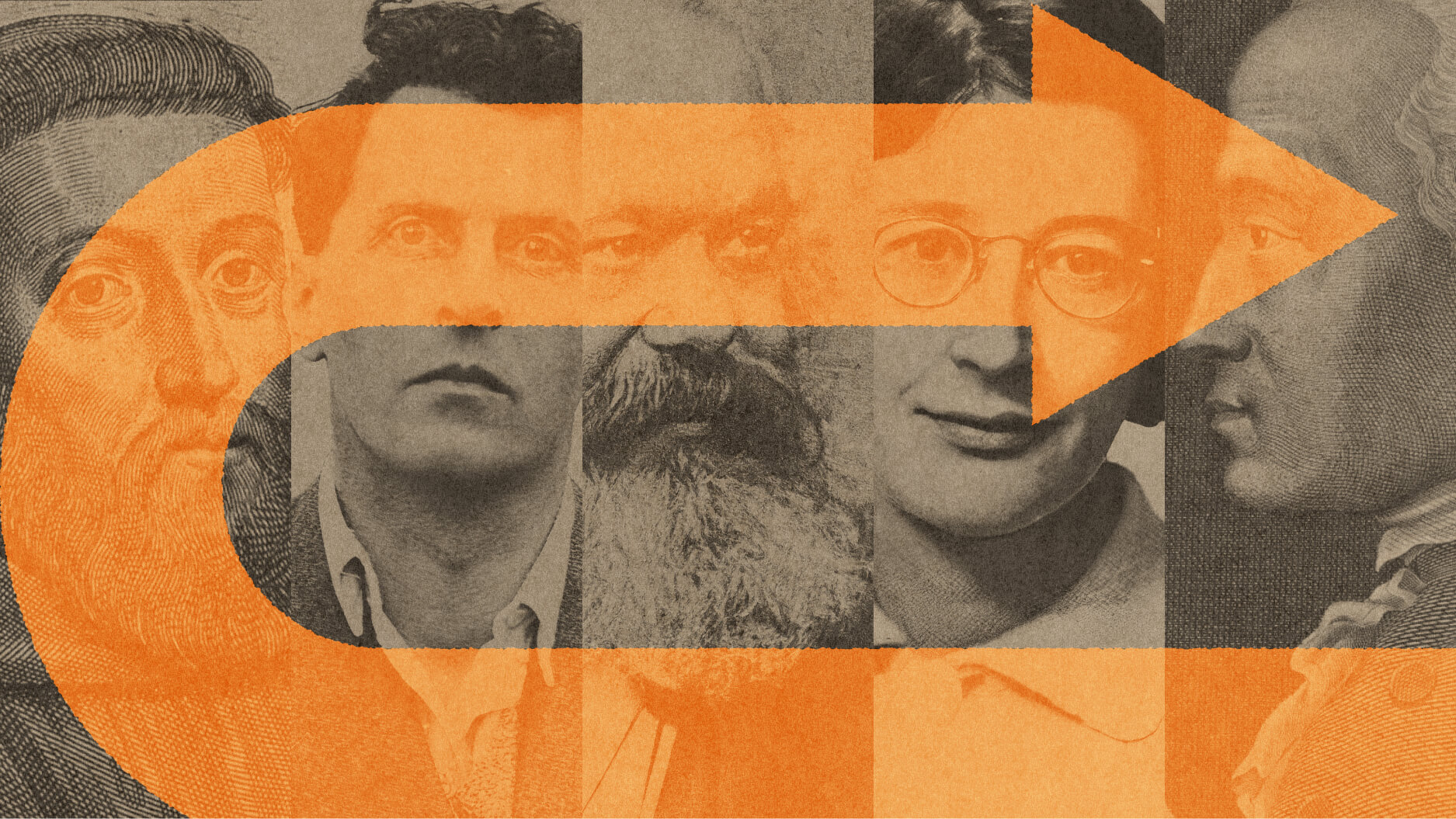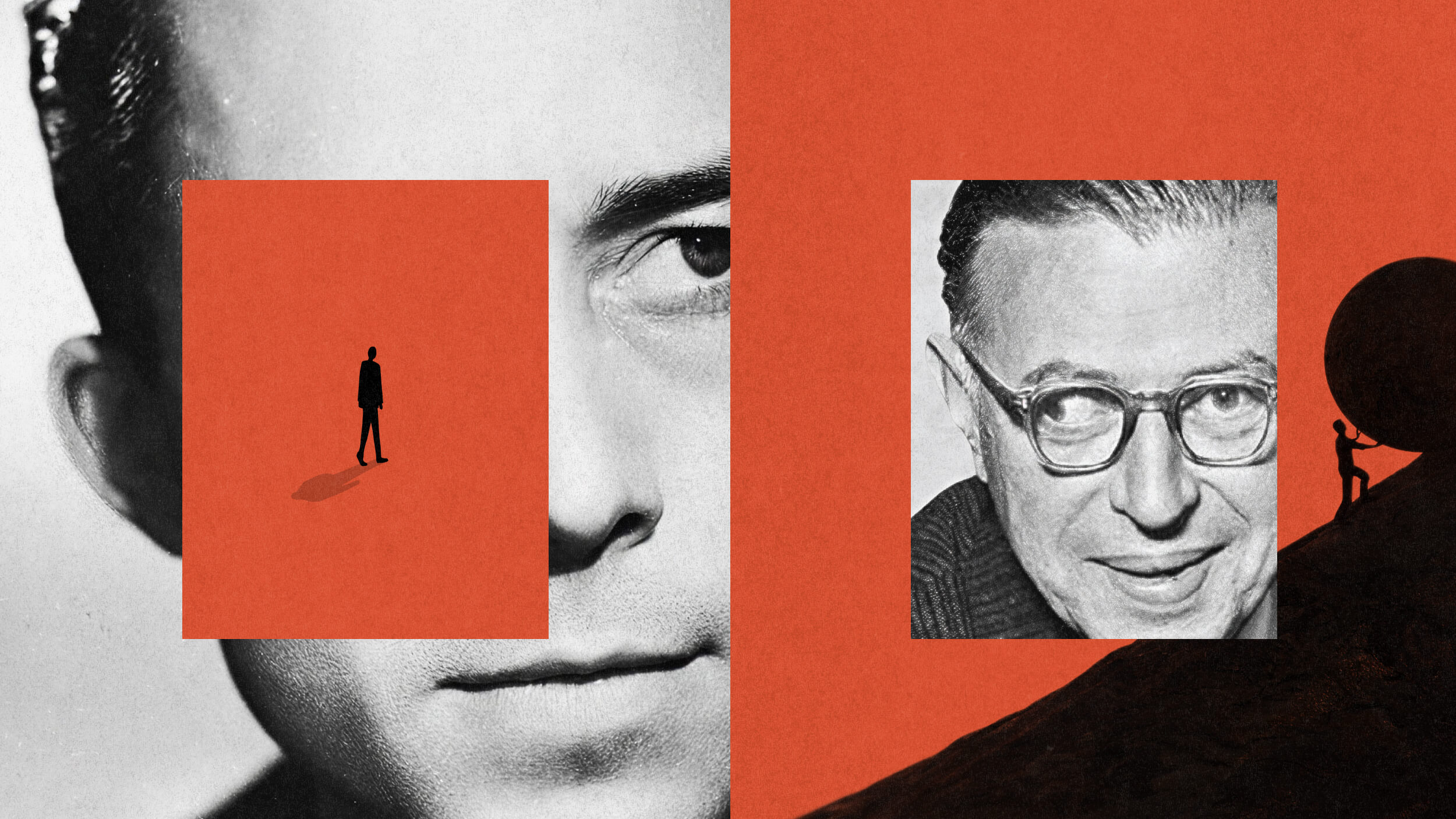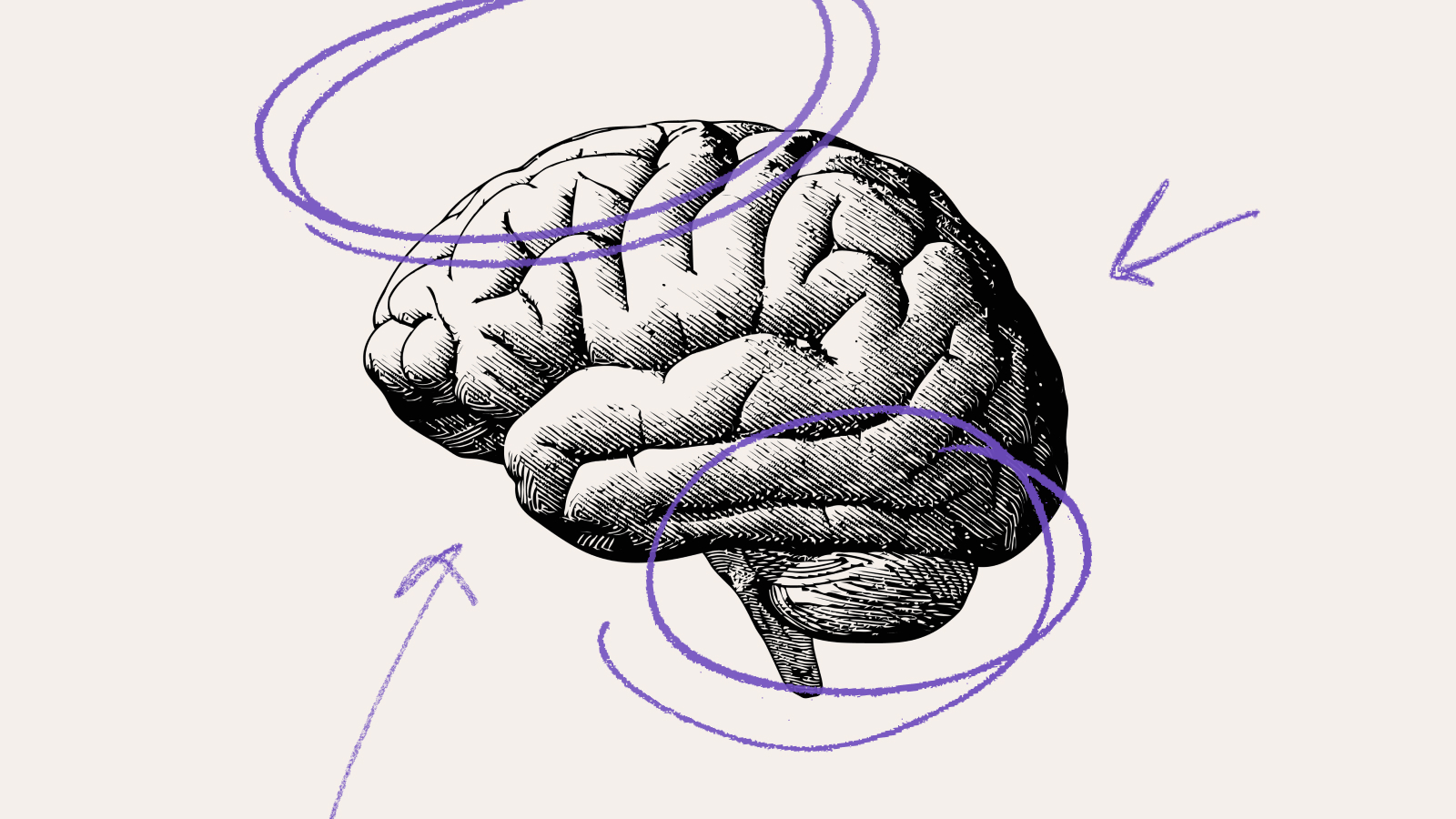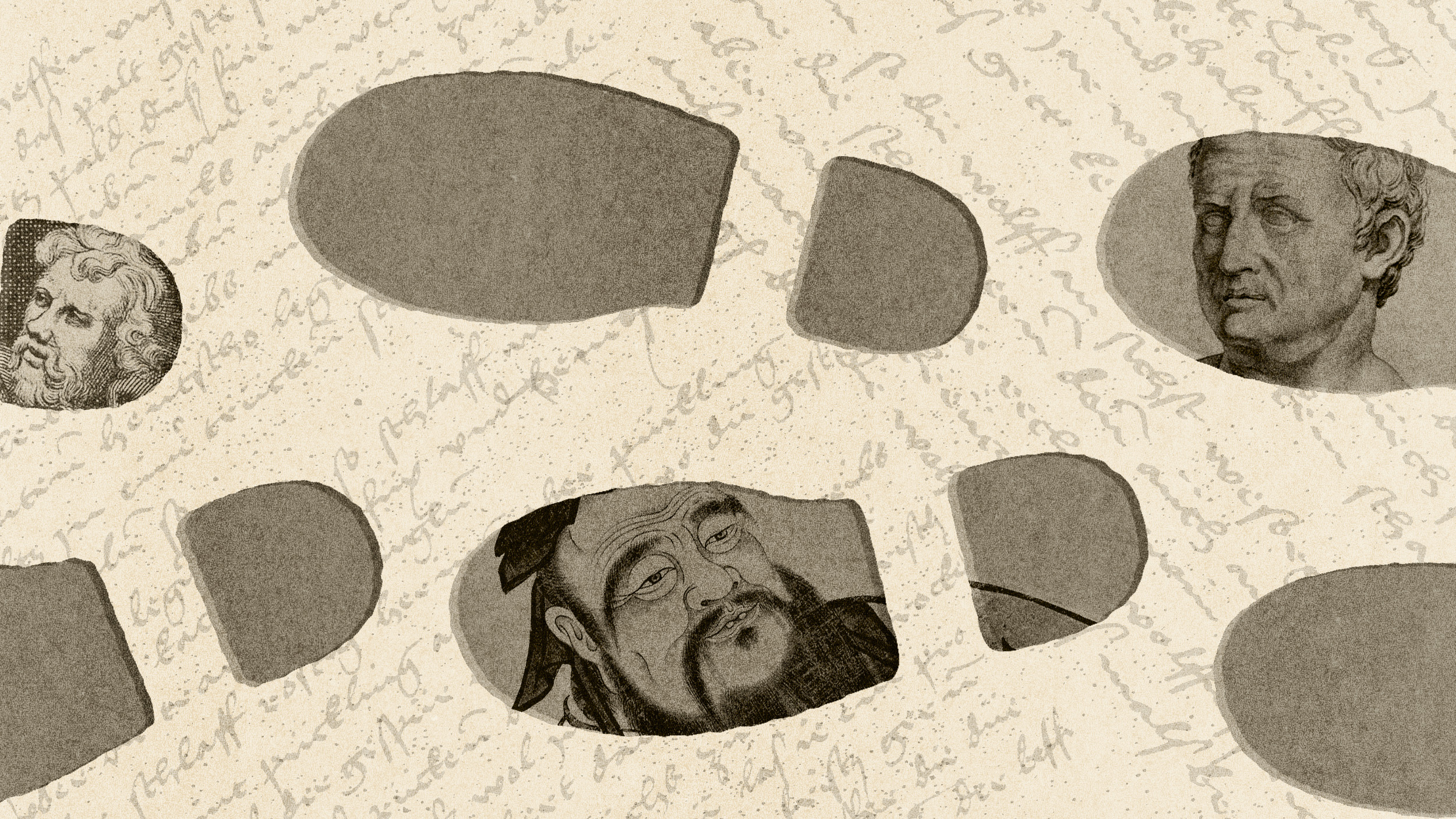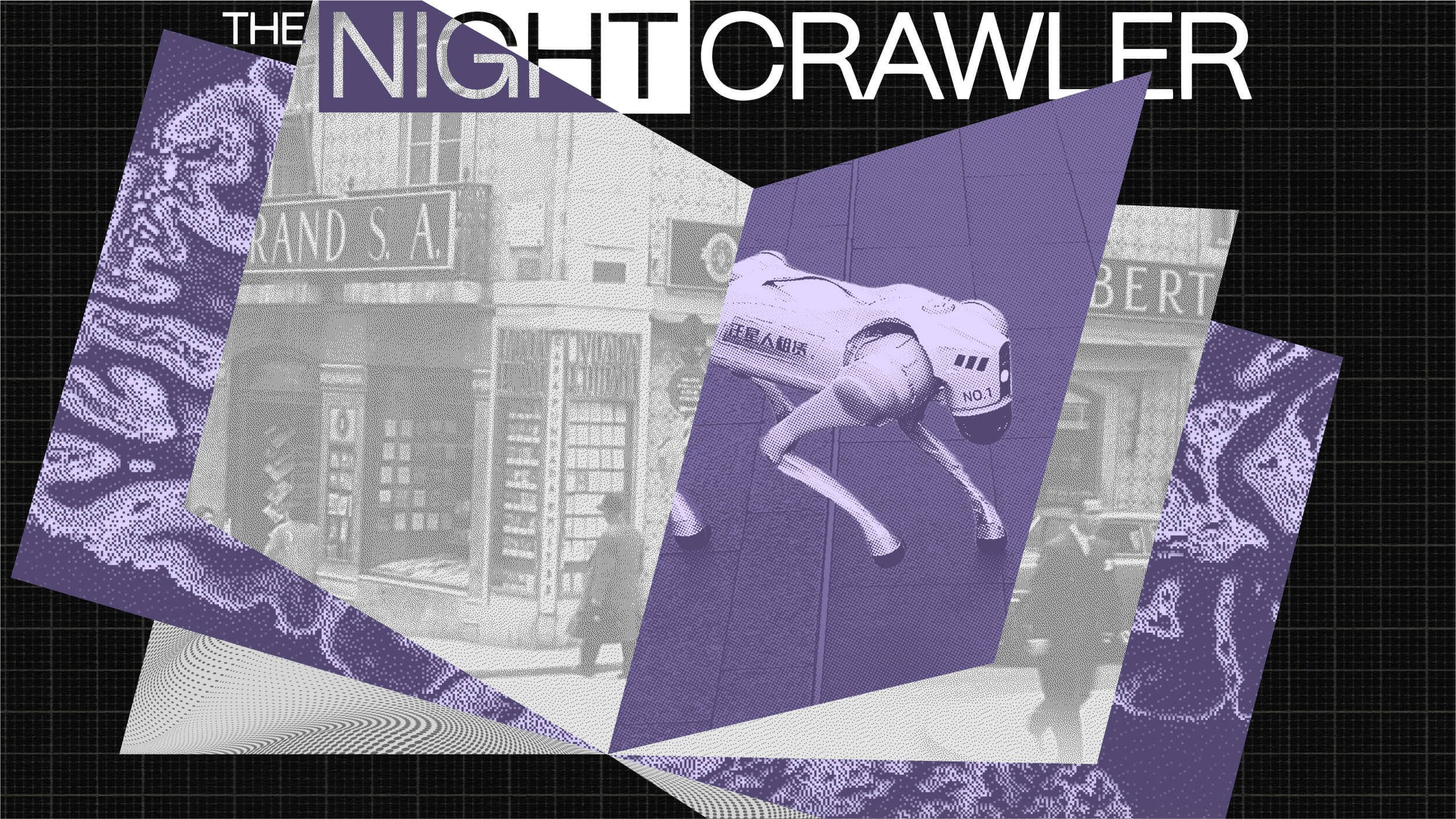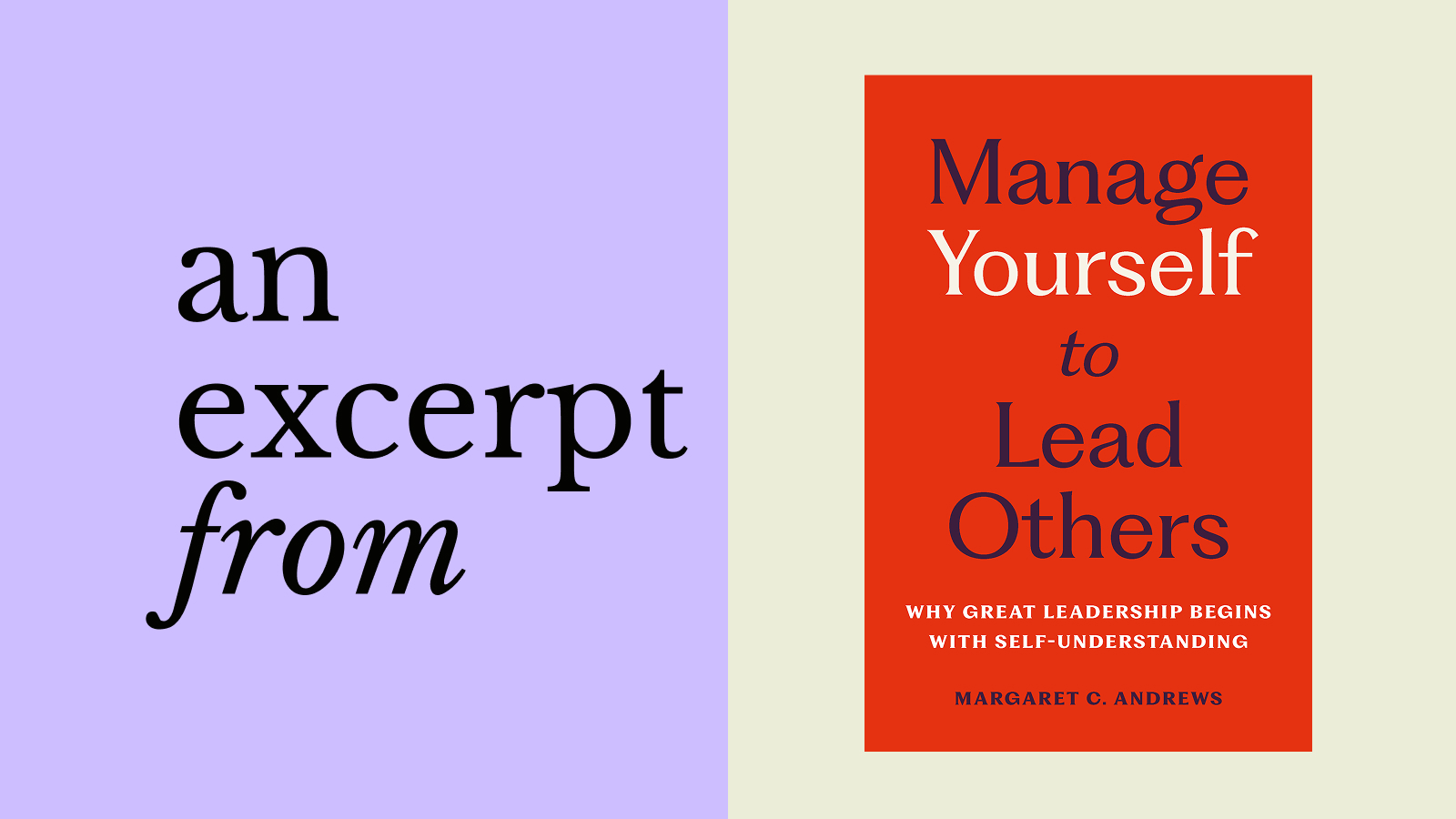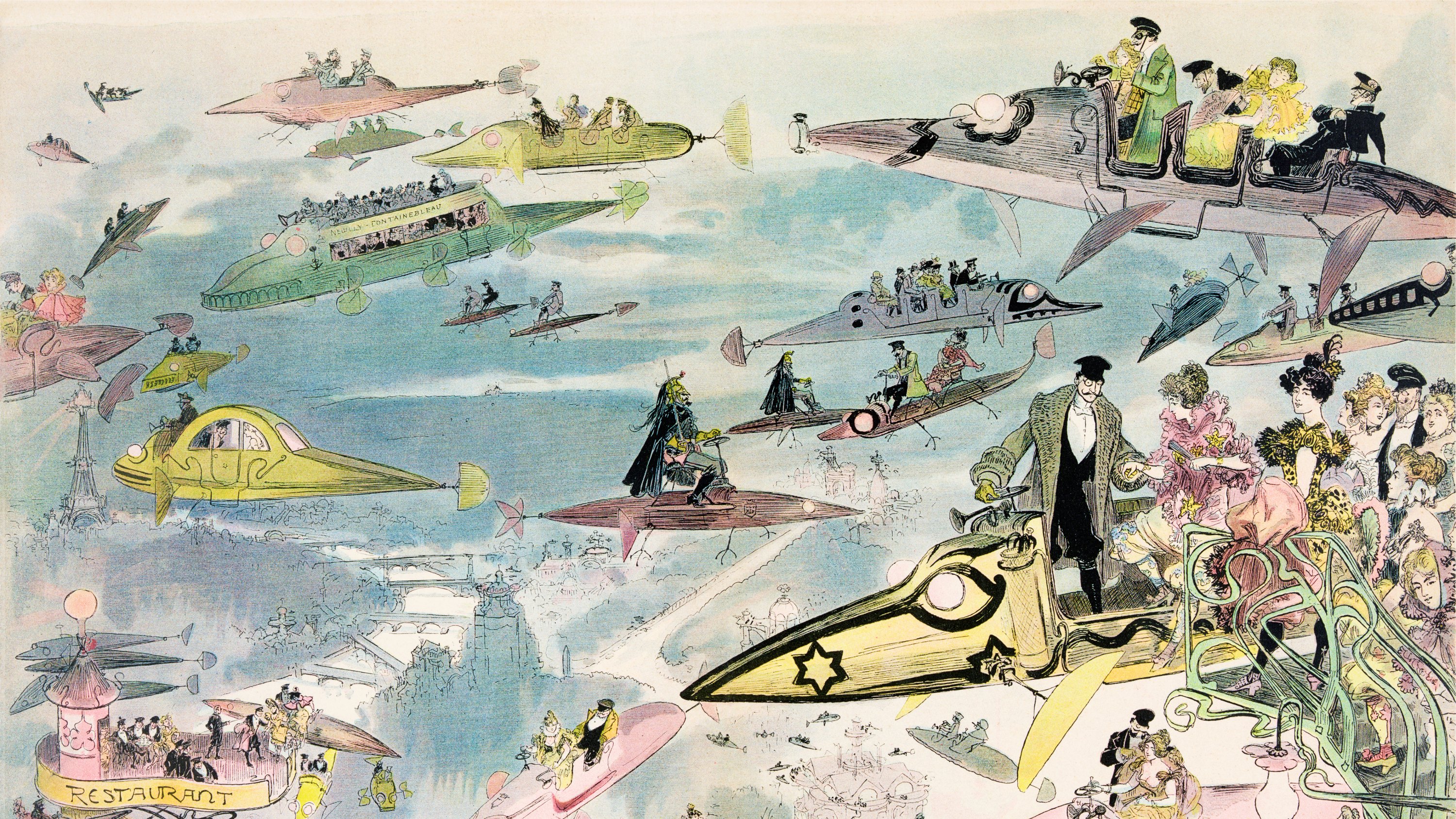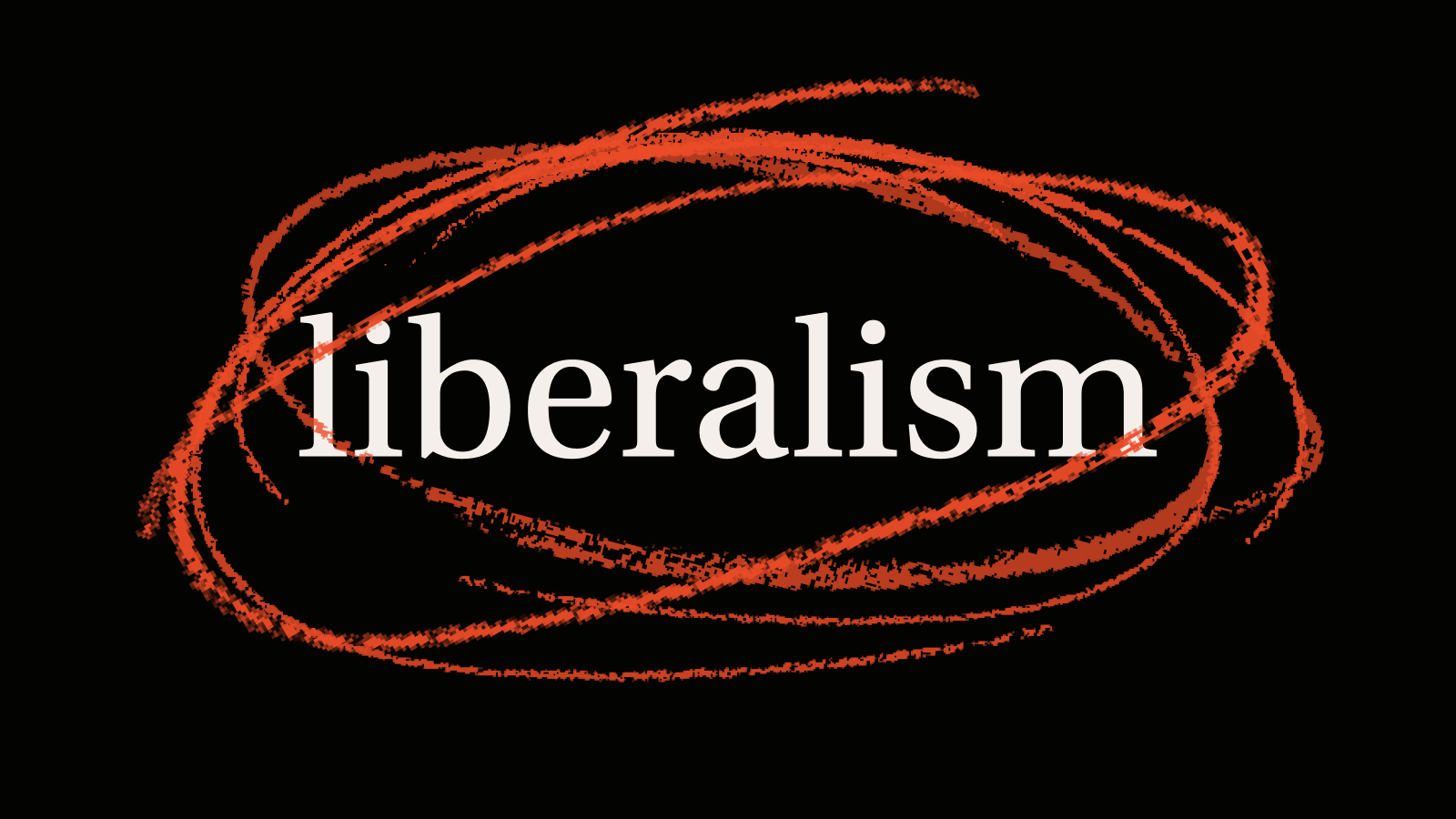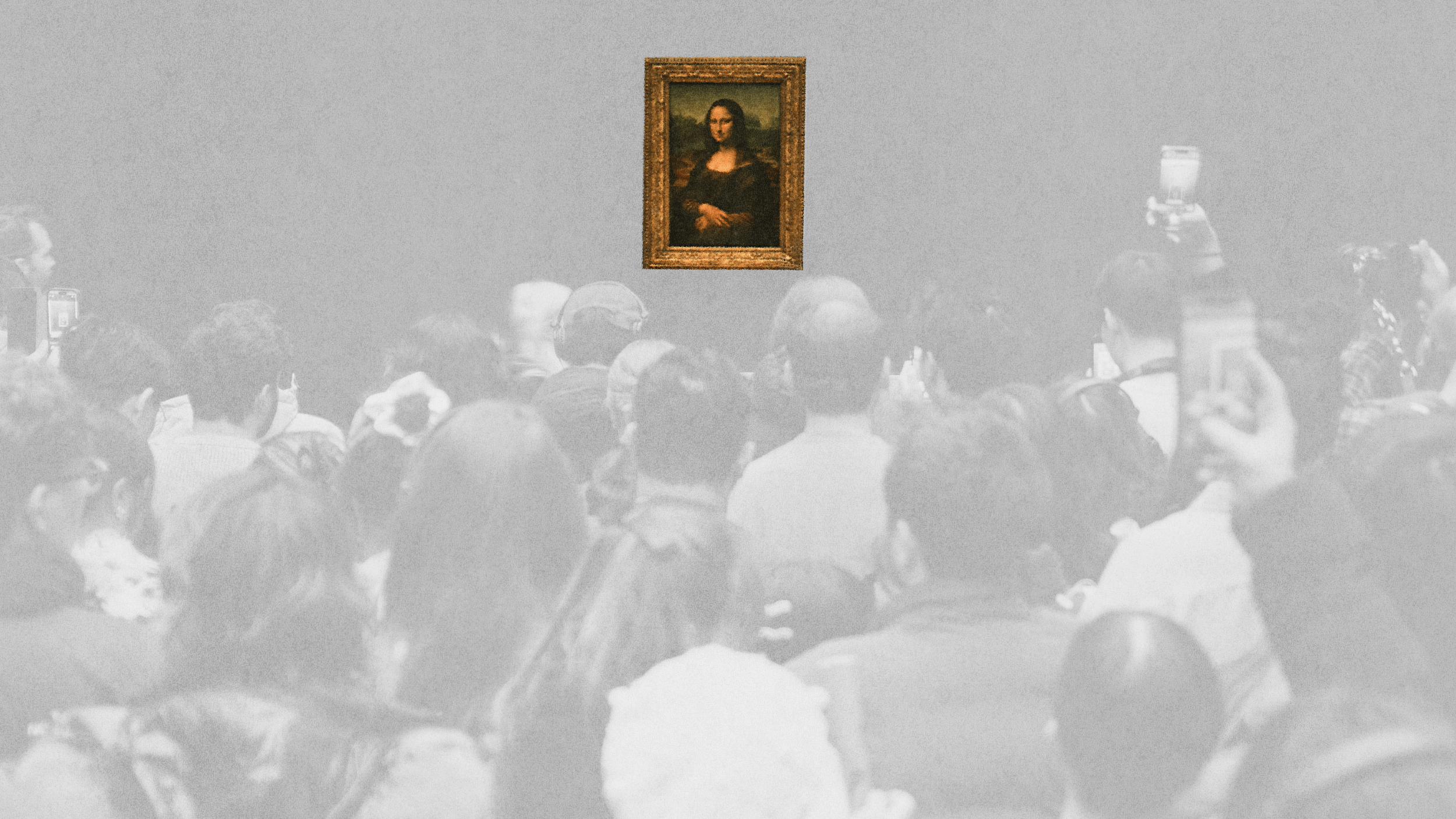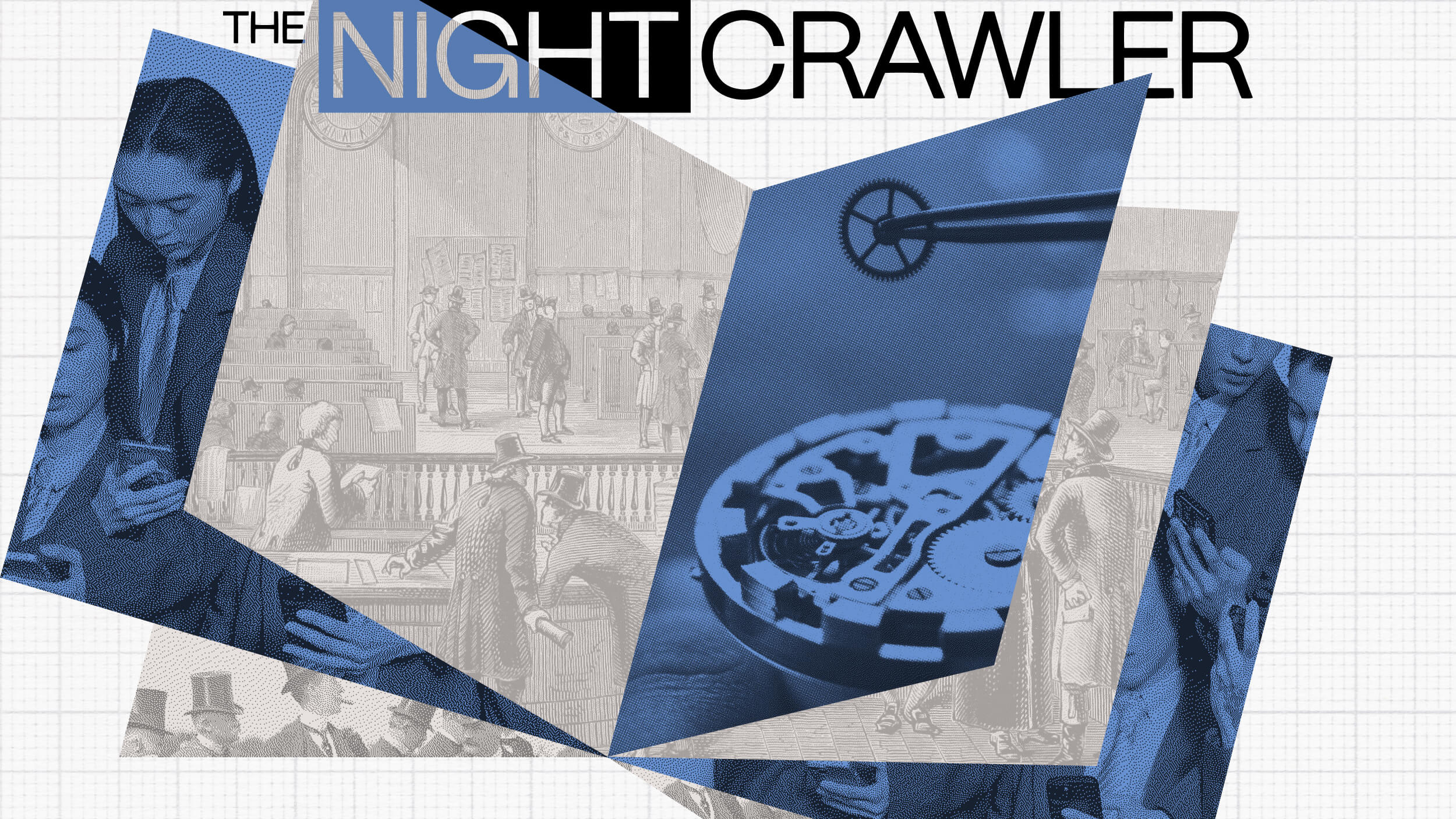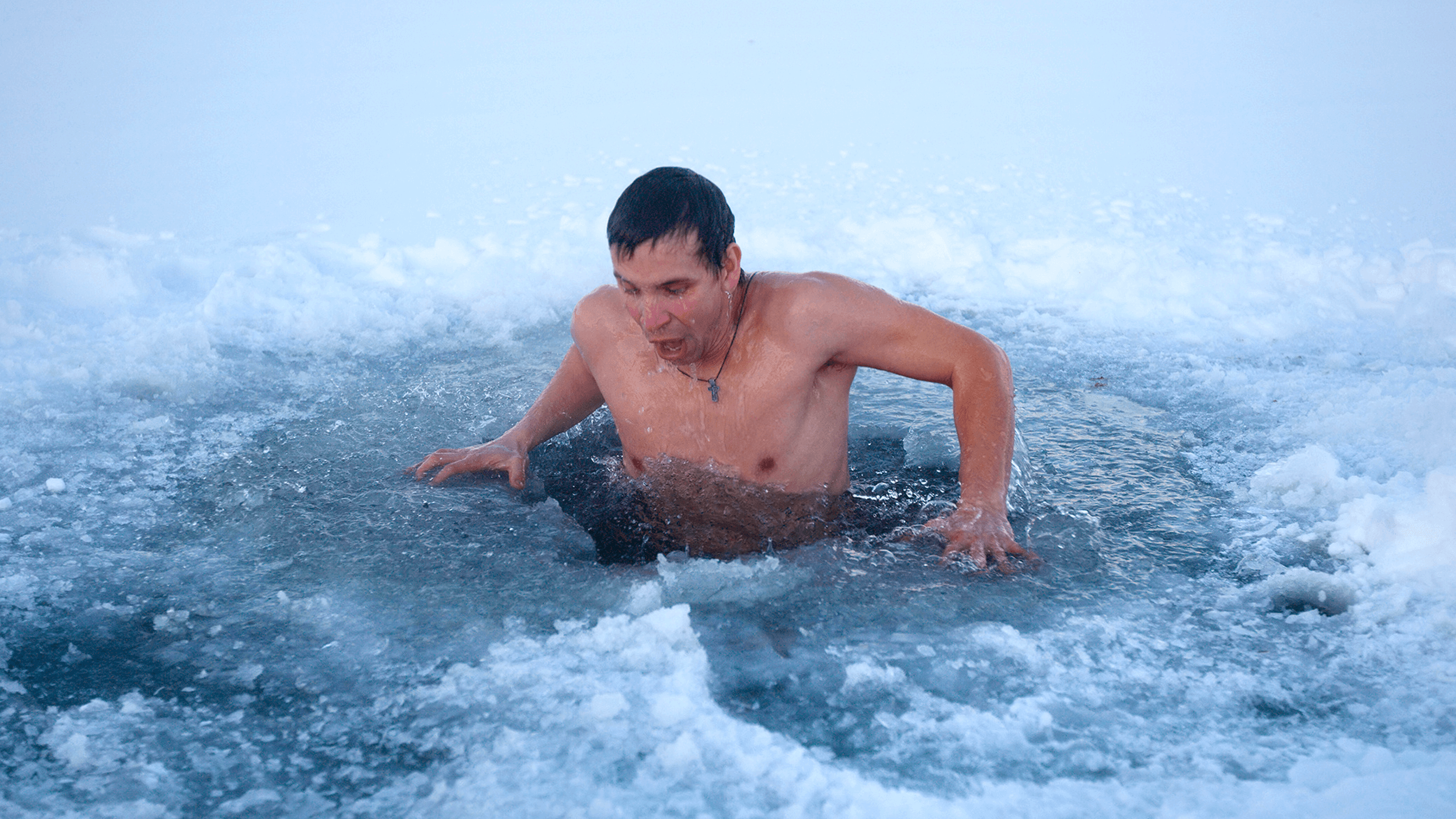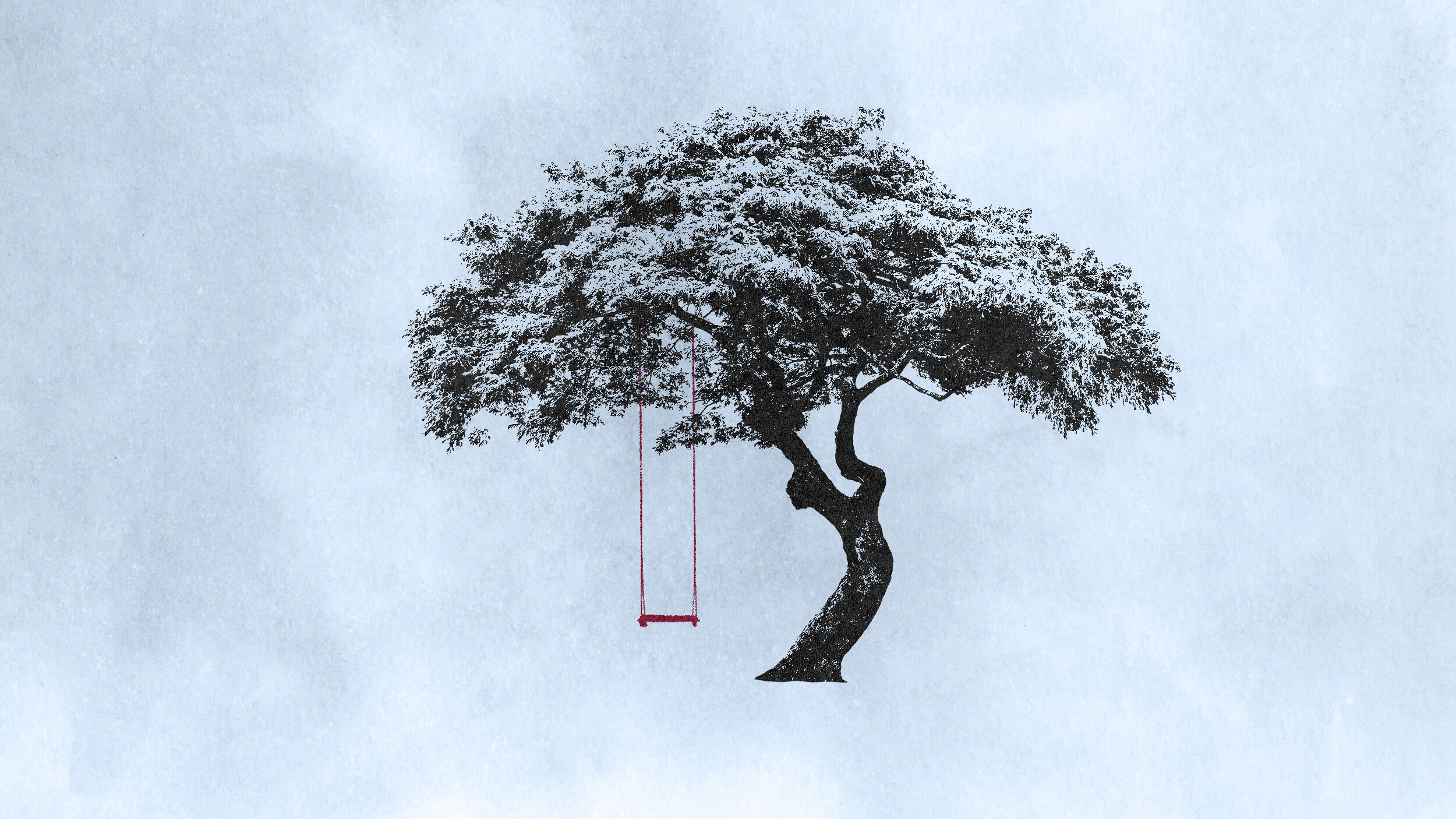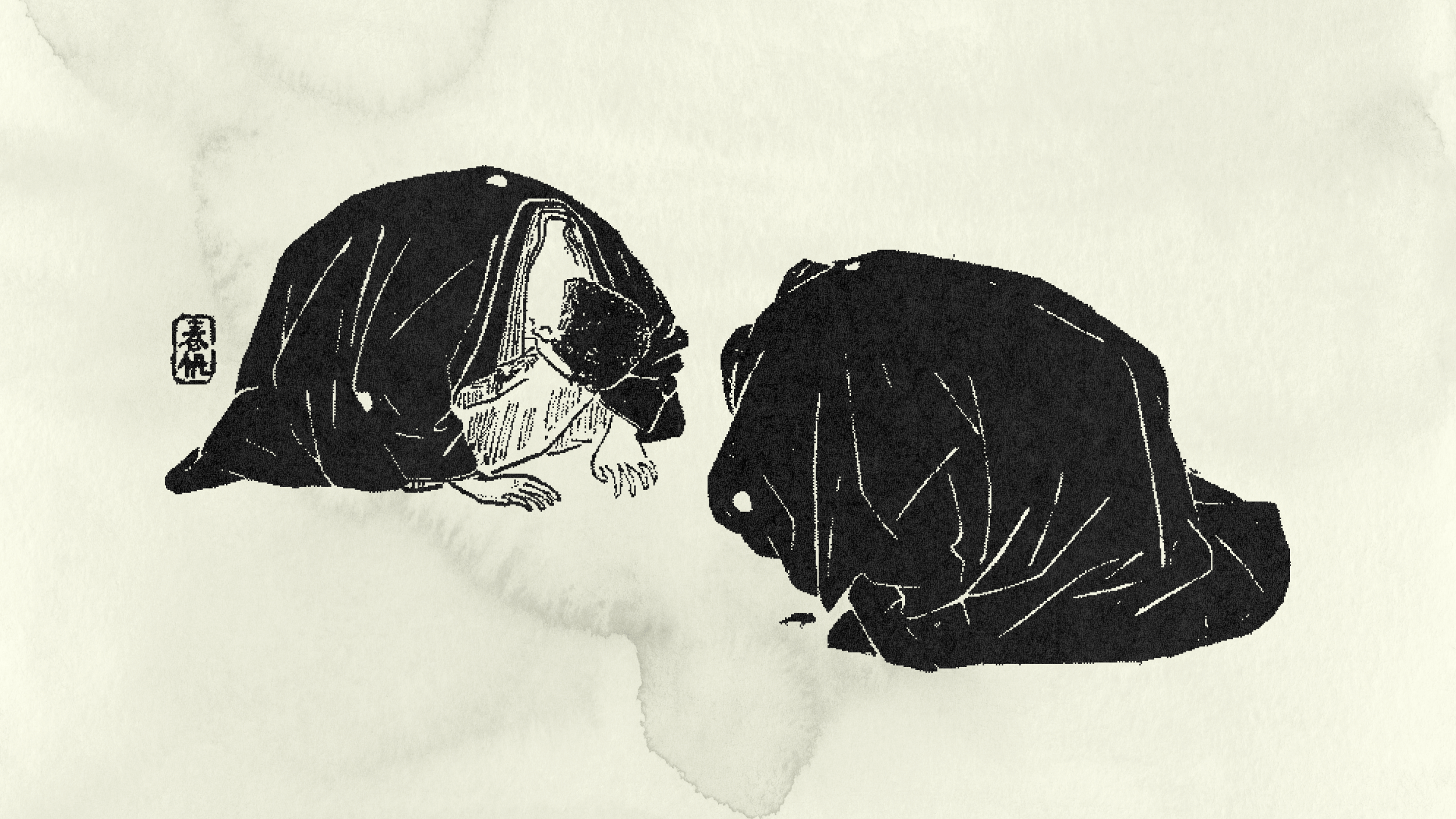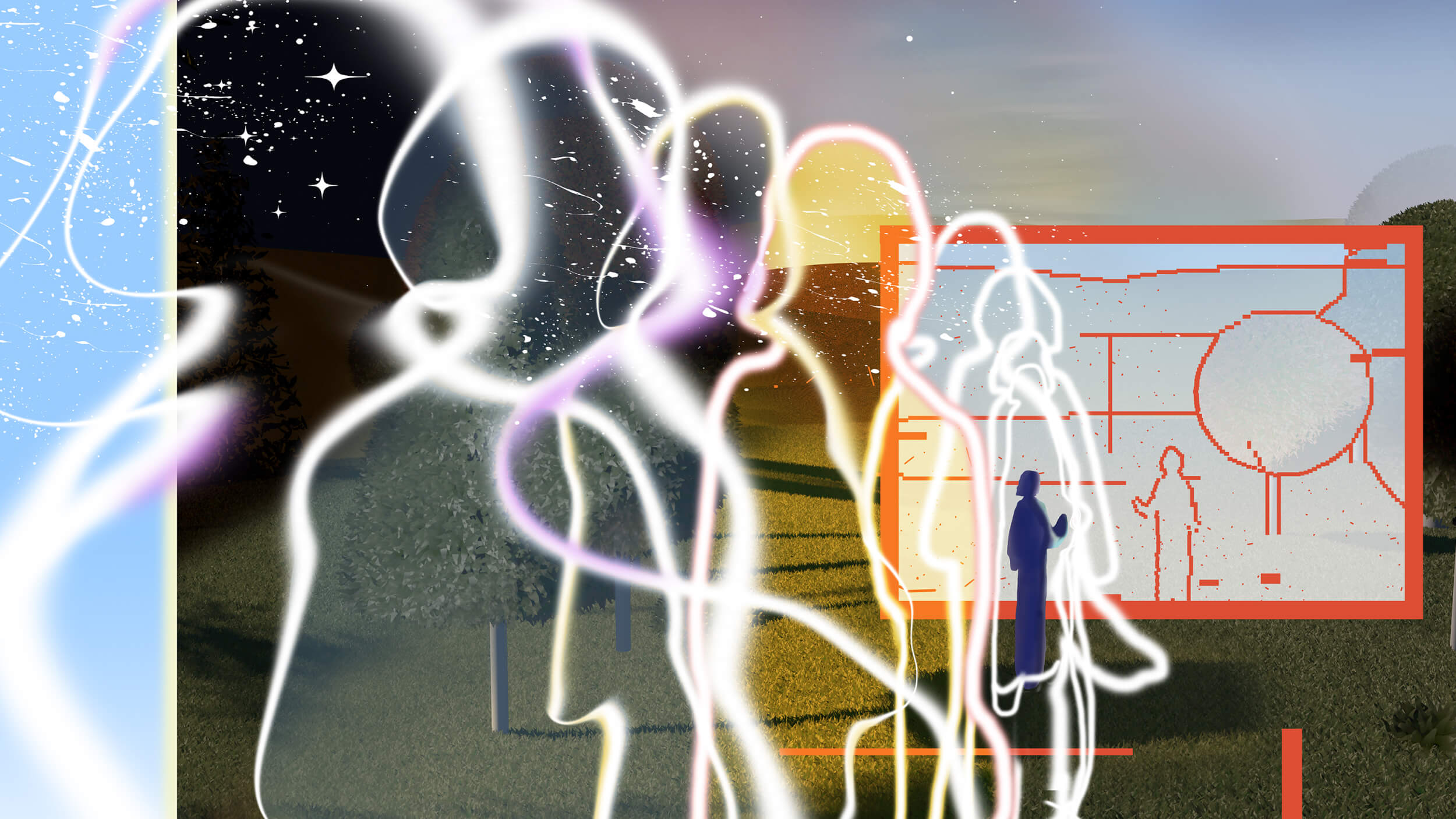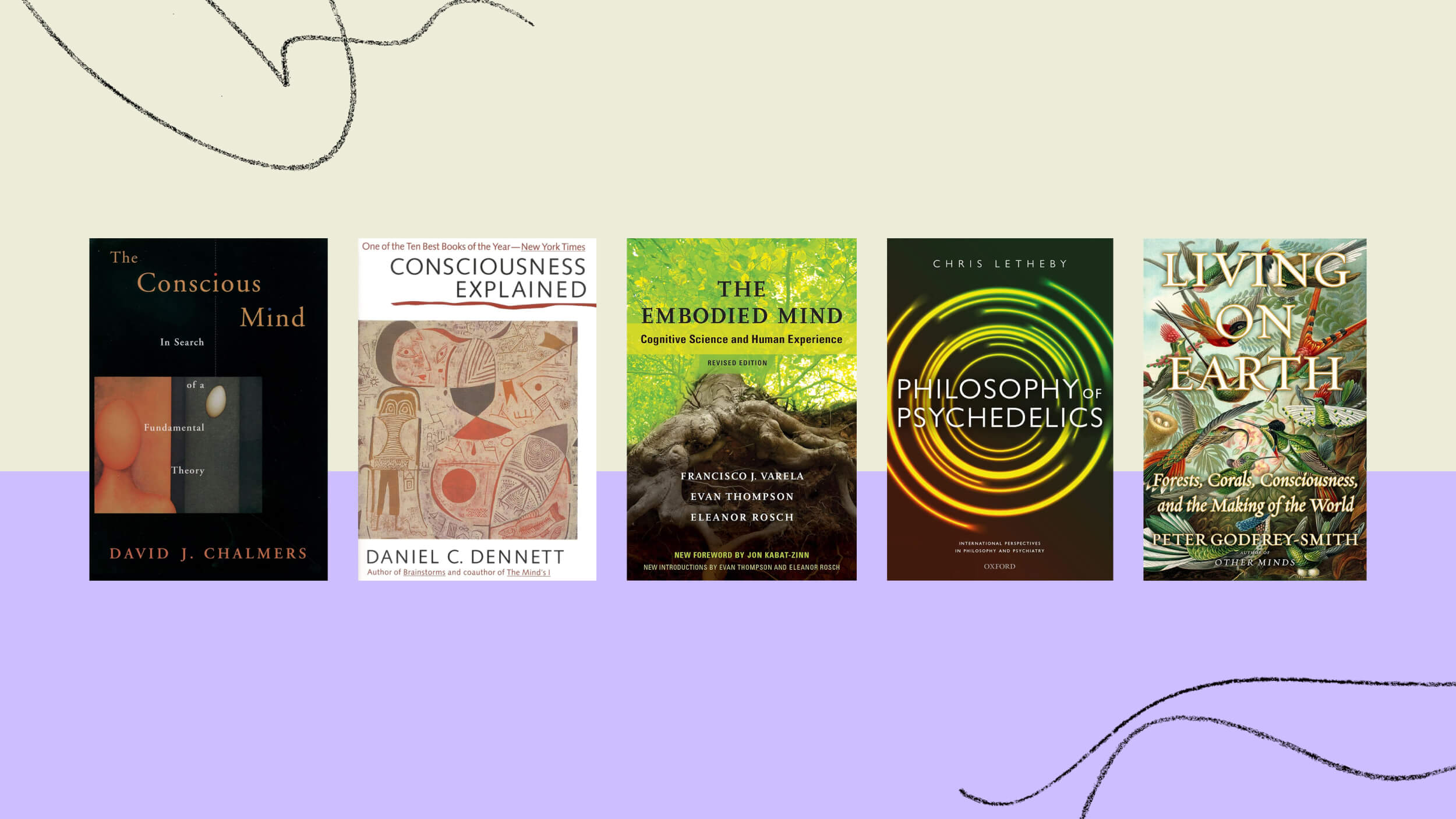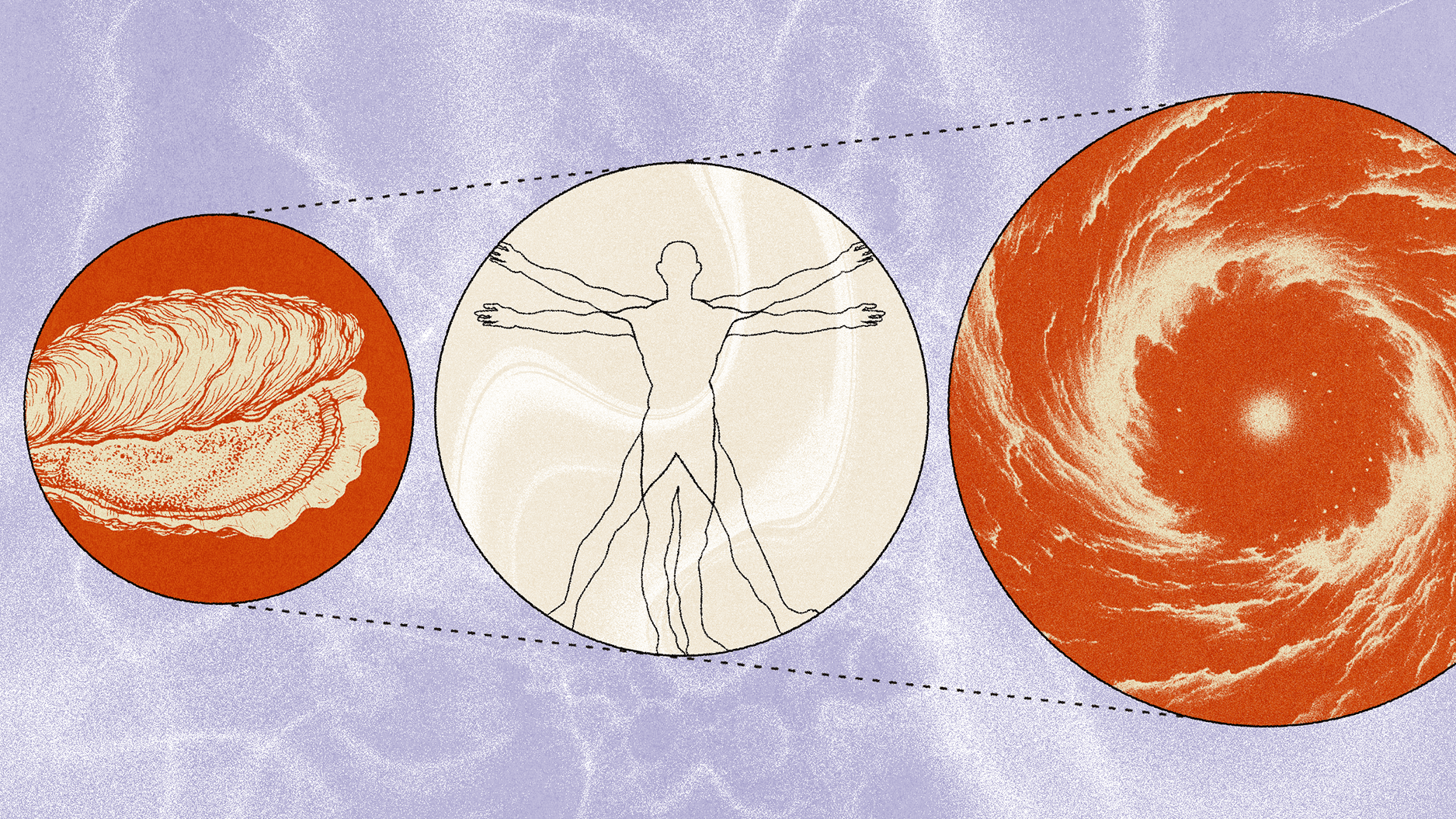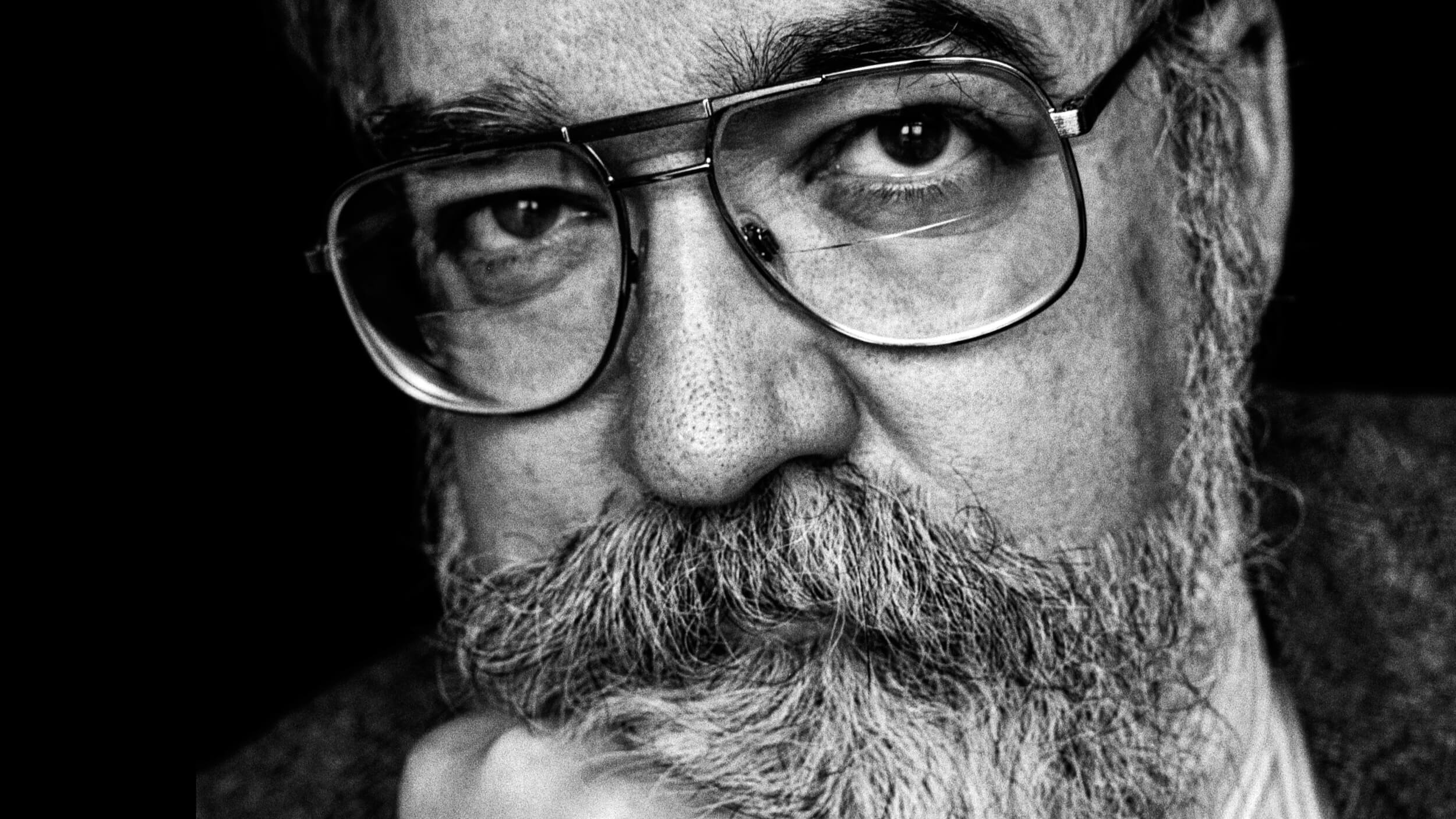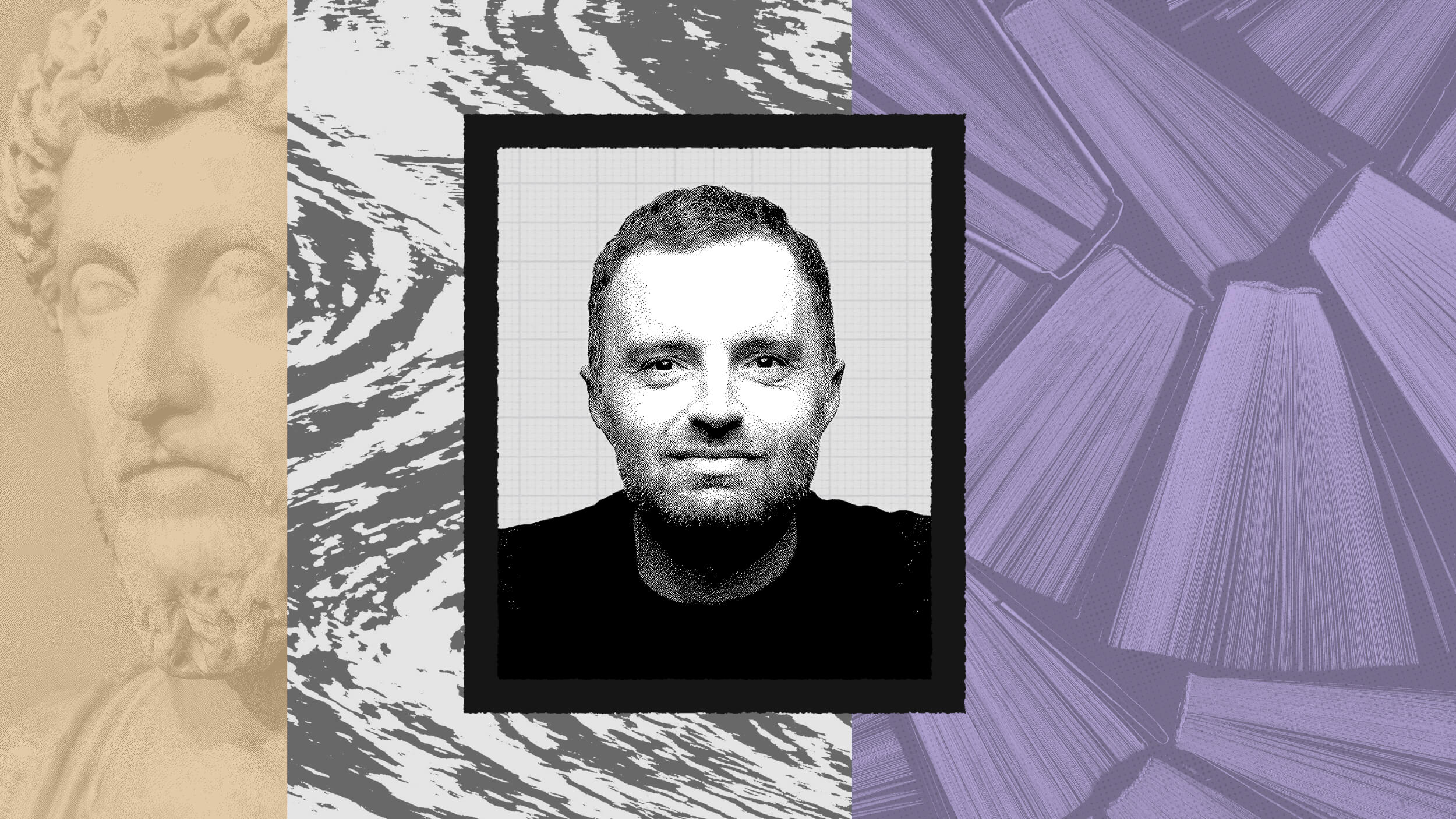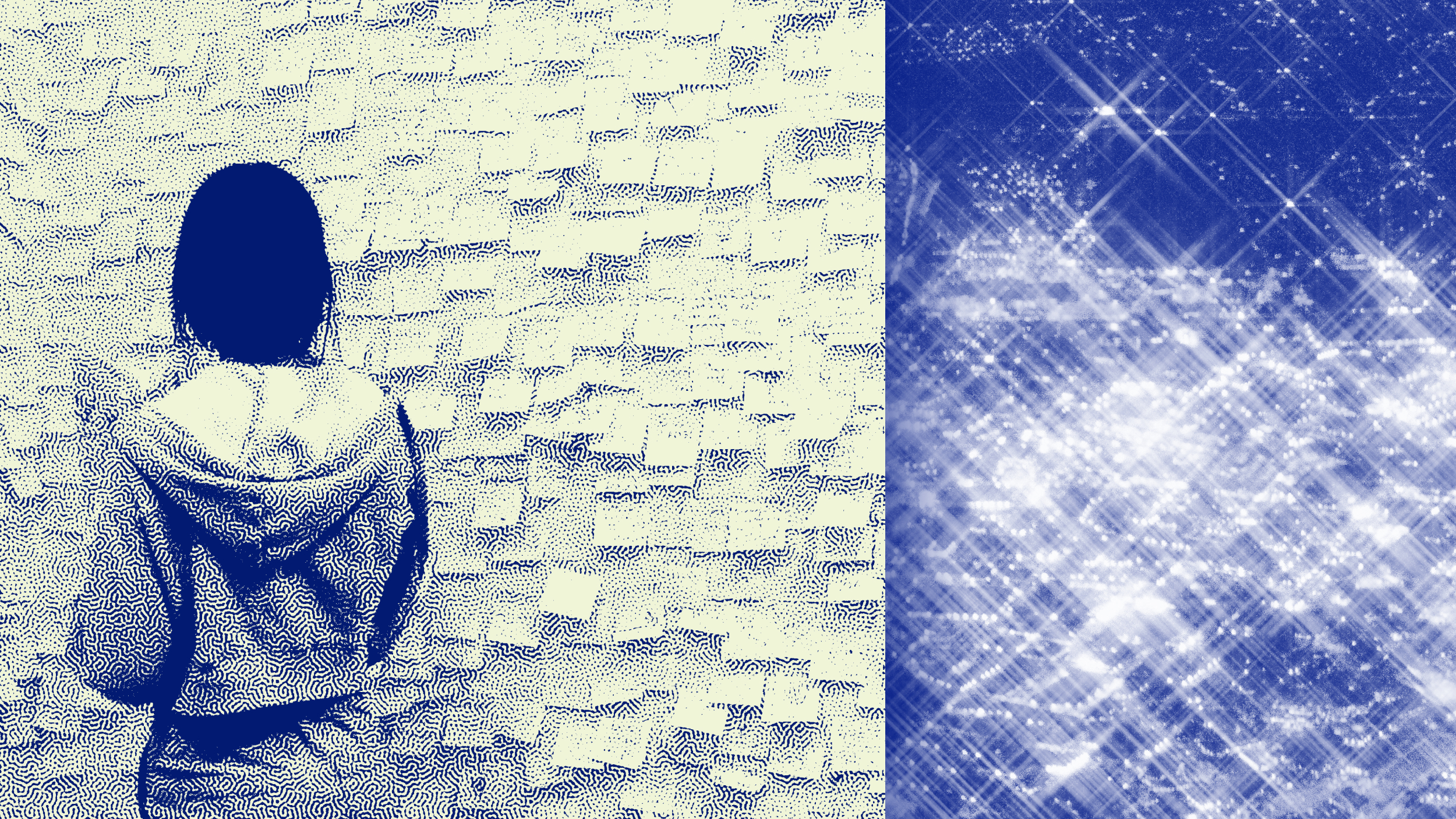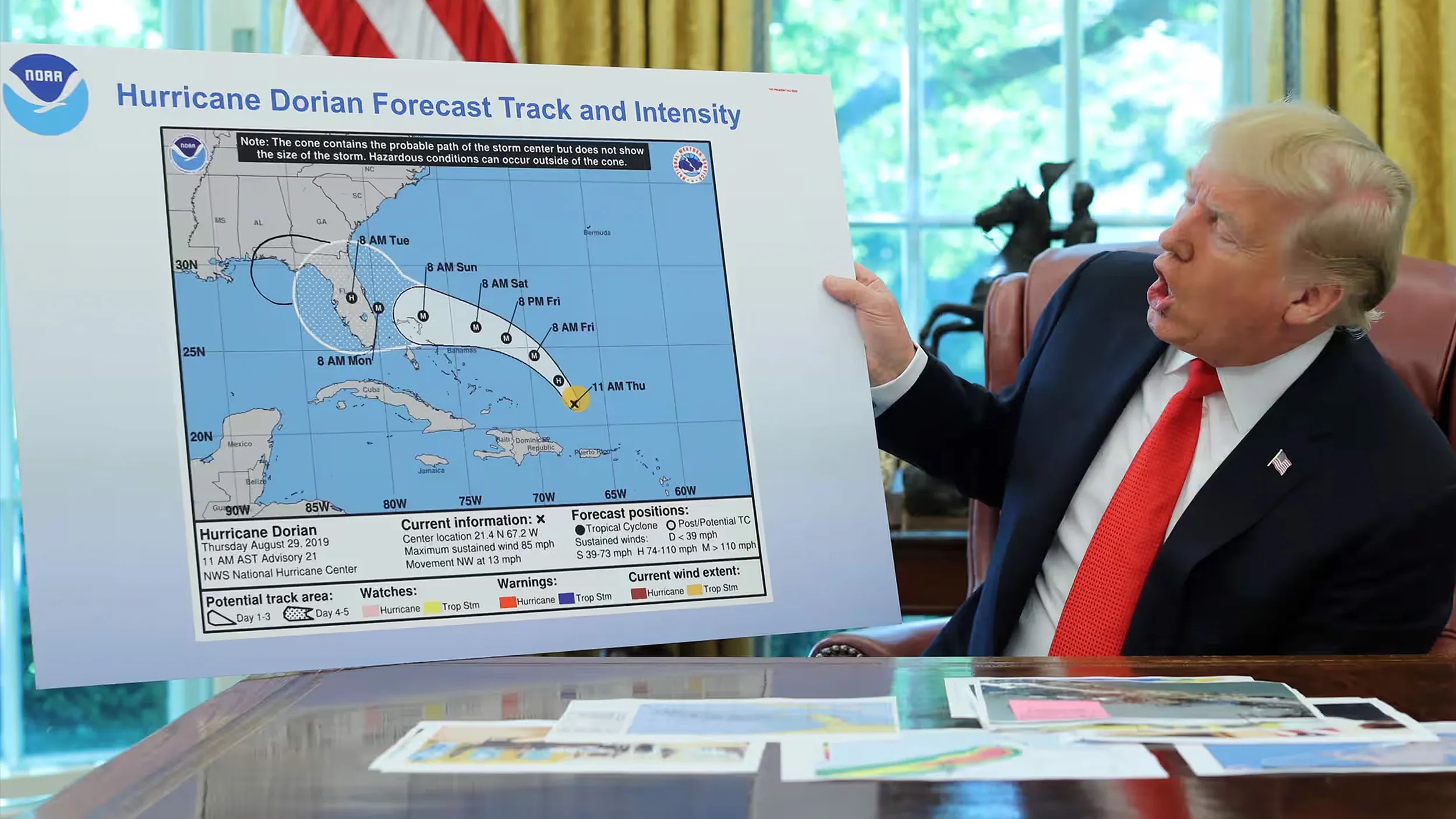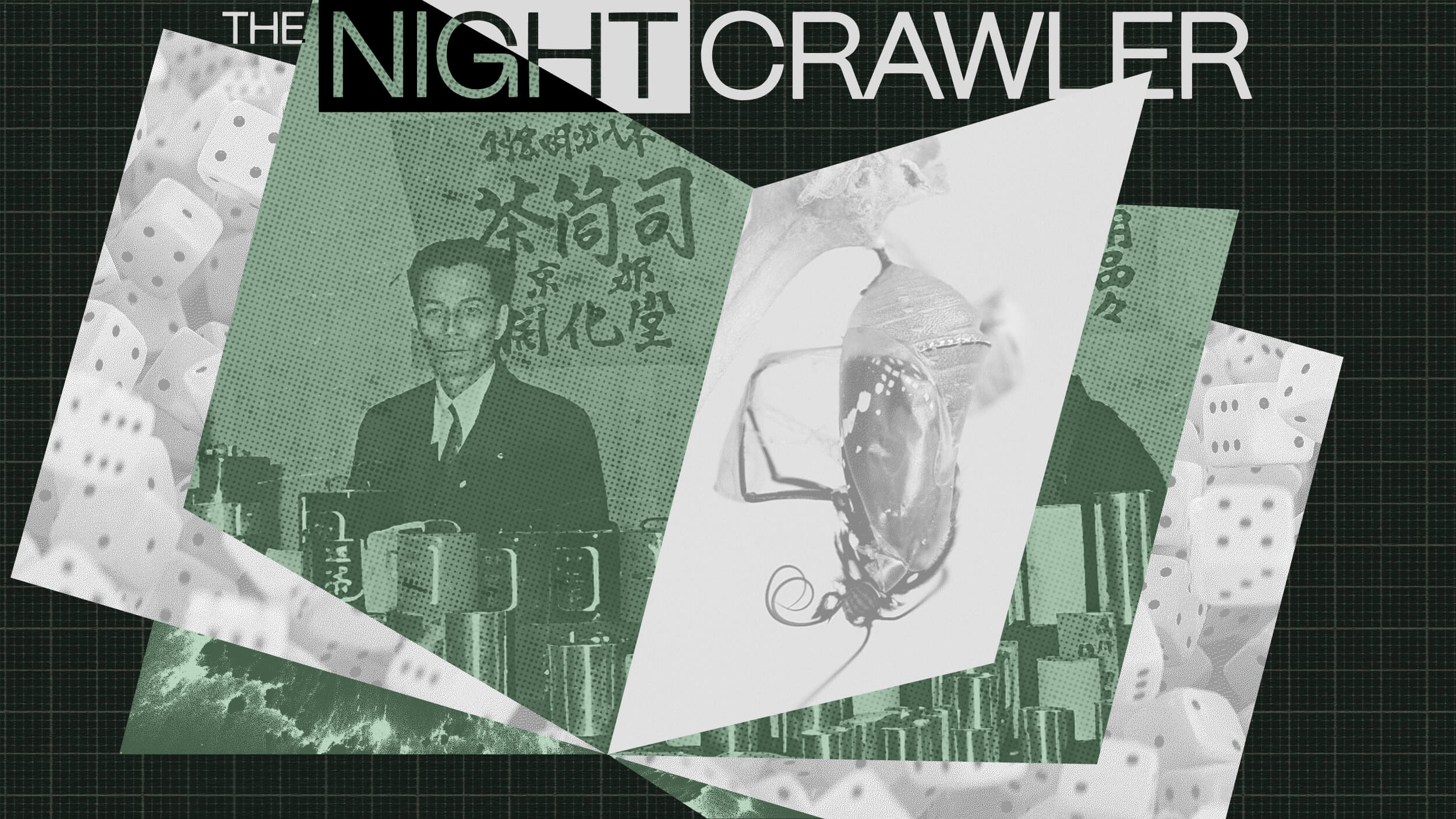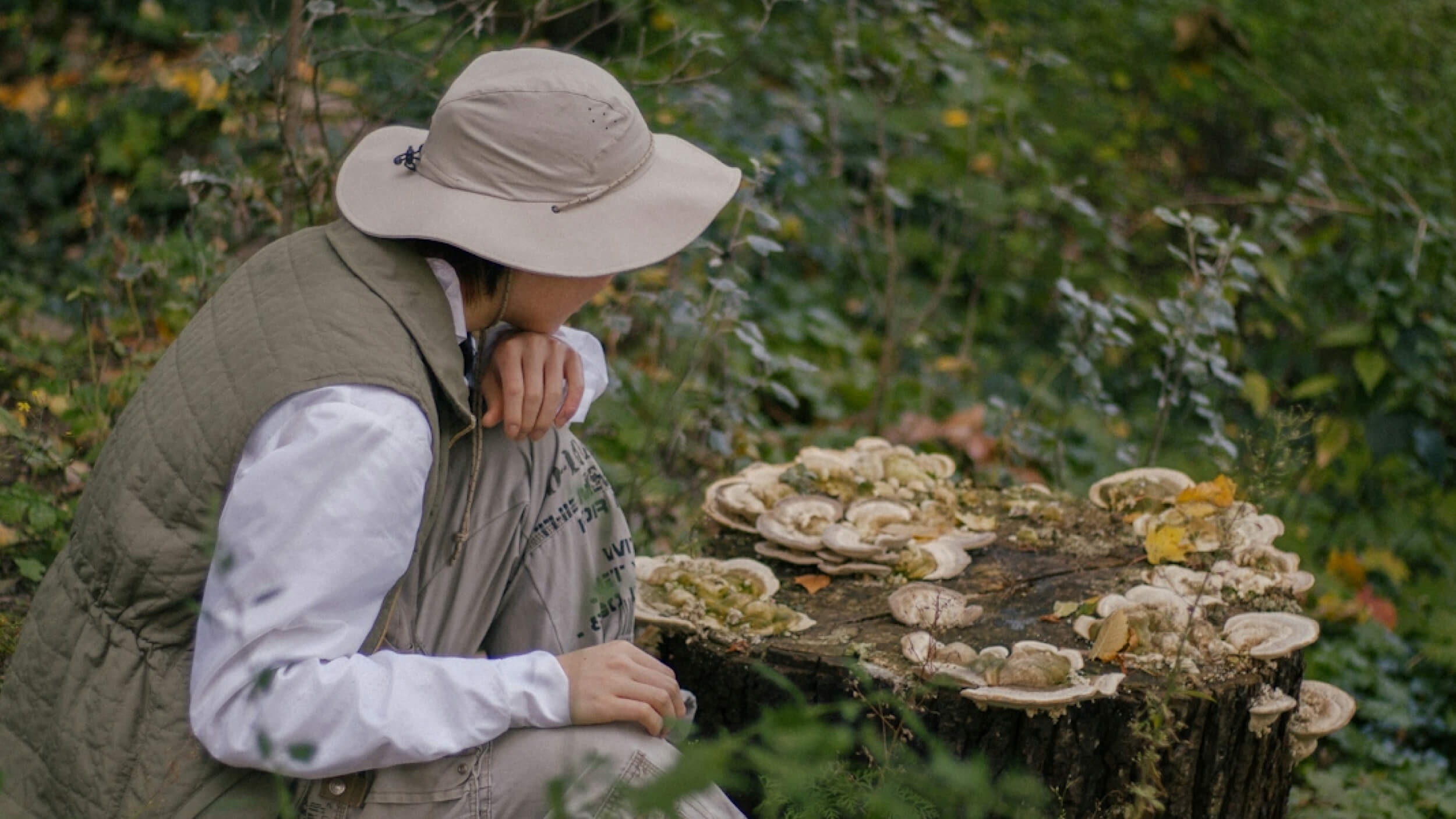philosophy
In this excerpt from “One Hand Clapping,” Nikolay Kukushkin makes the case that neurons reveal how memory, meaning, and even consciousness emerge from the same biological roots in humans, sea slugs, and beyond.
If AI is modeled only on human intelligence, will it inherit only human ways of seeing the world?
In 2025, Earth remains the only planet where life is known to exist. Without a second example, “The Stand” has a vital lesson to teach us.
You may actually be on the same wavelength.
Philosophers rarely change their minds. These thinkers did — often at social and professional cost.
A childhood spent under the spell of sleight-of-hand taught me skepticism, curiosity, and the habit of looking beneath appearances.
How to look cool in post-war France in black and white photos.
Neuroscientist Rachel Barr shares her favorite books on the brain and how they shaped her approach to the field.
We don’t learn from history because we can’t learn from history.
Welcome to The Nightcrawler — a weekly newsletter from Eric Markowitz covering tech, innovation, and long-term thinking.
Aristotle taught that “knowing yourself is the beginning of all wisdom” — all leaders and teams should take note.
In revolutionary Russia, a group of forward-thinking philosophers offered an alternative to both futurism and communism.
In “On Liberalism,” Cass Sunstein argues that liberalism can only endure if we reclaim its core commitments and revive its spirit of freedom and hope for the future.
Here are three ways to do it better.
Welcome to The Nightcrawler — a weekly newsletter from Eric Markowitz covering tech, innovation, and long-term thinking.
It’s OK to hate a frigid pond.
You are held, shaped, and sustained by a thousand invisible hands.
A conversation with neuroscientist Erik Hoel about the future of consciousness research.
A conversation with Annaka Harris on shared perception, experimental science, and why our intuition about consciousness is wrong.
The overlooked reason why “AI consciousness” isn’t coming anytime soon.
After the trauma of a high-risk medical procedure, Eric Markowitz discovered a kind of consciousness that lives not in thought — but in presence.
These expert-recommended books try to answer the questions of consciousness, from its fundamental nature to its role in human experience and the natural world.
Philosophers once prophesied that evolution would lead to minds far greater — and stranger — than our own.
“For many people, the idea that consciousness is a set of tricks is offensive,” the late philosopher told Big Think in 2012. “I think that’s a prime mistake.”
The host of the Founders podcast joins Big Think for a chat about success, obsession, business genius, human nature, and more.
When your head is full of information, how can you actually make use of it?
Einstein is credited with saying, “If the facts don’t fit the theory, change the facts.” What he actually said has a very different meaning.
Welcome to The Nightcrawler — a weekly newsletter from Eric Markowitz covering tech, innovation, and long-term thinking.
Wonder is like a guest you haven’t planned for.

